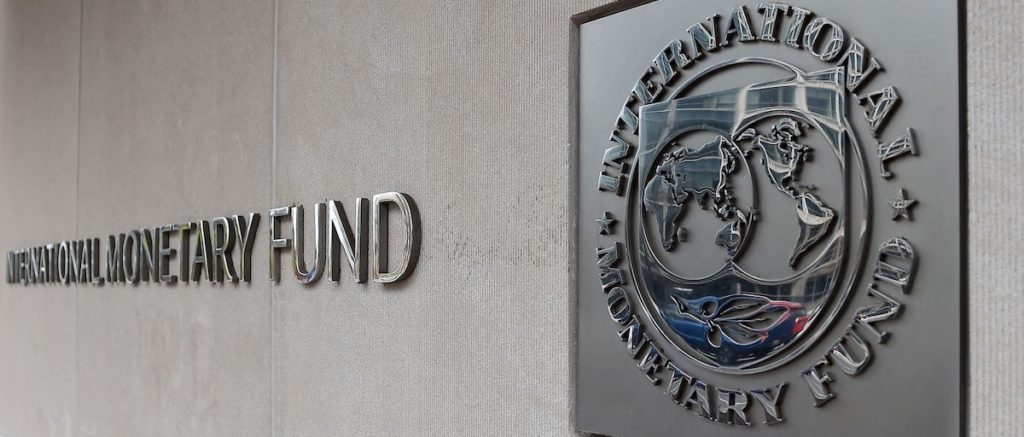El Salvador has been warned by the International Monetary Fund (IMF) against utilizing bitcoin as legal cash due to the numerous hazards involved with cryptocurrencies. The warning came just one day after Salvadoran President Nayib Bukele declared his intention to establish a “bitcoin metropolis” powered by a volcano and financed with bitcoin bonds.

El Salvador should not utilize bitcoin as legal cash, according to the International Monetary Fund (IMF), because of the risks associated with the cryptocurrency.
El Salvador is the world’s first nation to accept bitcoin as legal cash in addition to the US dollar, which it has employed for twenty years. In September, the country’s bitcoin law took effect. El Salvador has also purchased 1,120 bitcoins, according to President Nayib Bukele of El Salvador.
Before requesting to use the IMF’s resources, the IMF sends Article IV missions to member nations to confer with government authorities. According to the IMF the acceptance of bitcoin as legal currency, the supervision and regulation of bitcoin service operators, and the e-wallet Chivo were also considered.
In the Staff Final Declaration of the 2021 Article IV Mission for El Salvador, the IMF said that considering bitcoin’s extreme price volatility, its utilization as legal cash poses considerable concerns to consumer safety, financial transparency and stability. It also creates fiscal uncertain liabilities as a result of its use. Bitcoin should not be utilized as a legal tender because of these hazards.
The IMF suggested that El Salvador consider winding down the $150 million trust fund set up to allow the exchange of bitcoin for US dollars as one of the ways to limit contingent fiscal liabilities. It also suggested that the government withholds public funds from Chivo Wallet, a digital wallet created by the Salvadoran government on September 7.
El Salvador’s new payments ecosystem, according to the IMF, requires rapid implementation of tougher regulation and control.
The Chivo Wallet should also be obliged to preserve monies both in US dollars and bitcoin by separating and ring-fencing reserve assets, according to the report.
According to the IMF, banking regulation should include prudential measures such as conservative capital and liquidity limits for bitcoin exposure.
The IMF’s announcement came just one day after President Bukele revealed plans to develop the world’s first bitcoin metropolis, powered by a volcano and financed with bitcoin bonds. Except for the value-added tax (VAT), there will be no taxes in bitcoin city, Bukele said.
The IMF has confirmed the intentions to issue sovereign bonds and use the profits to buy bitcoin and fund infrastructure plans revealed on November 20 took place after the mission’s technical work was completed and were not discussed with the authorities.
Bukele said of the IMF’s statement:
“Although we certainly disagree on some topics, such as the adoption of bitcoin, the analysis it provides of our country is interesting.”
El Salvador’s economy is expected to rise by about 10% in 2021 and 3.2 percent in 2022, according to the IMF, while the Central American country’s public debt is expected to exceed 85 percent of GDP by the end of 2021.
El Salvador’s public debt might reach 95 percent of GDP by 2026, according to the IMF, if the country does not take “bold policy steps” to rectify fiscal imbalances and remove growth limitations.


